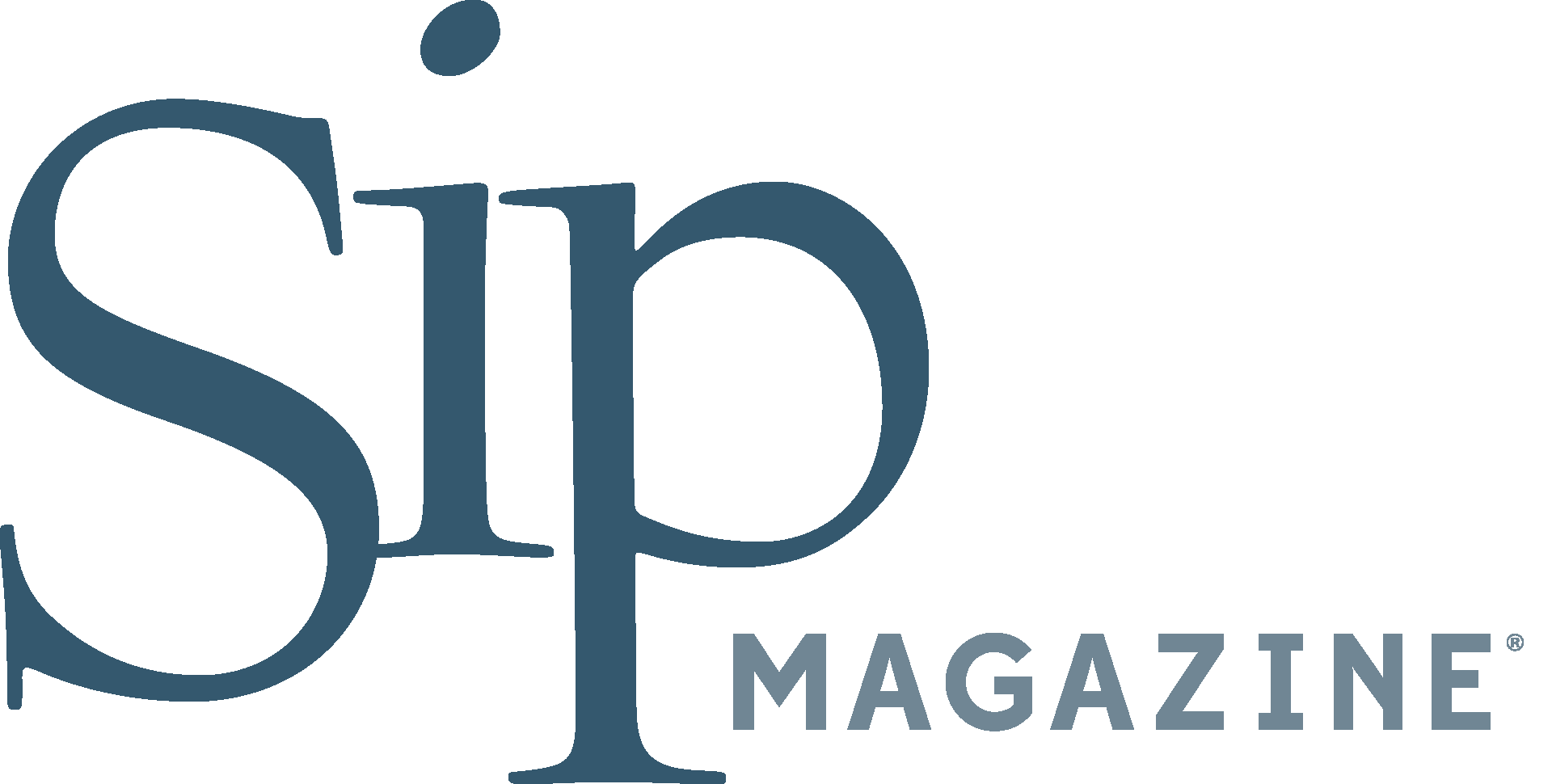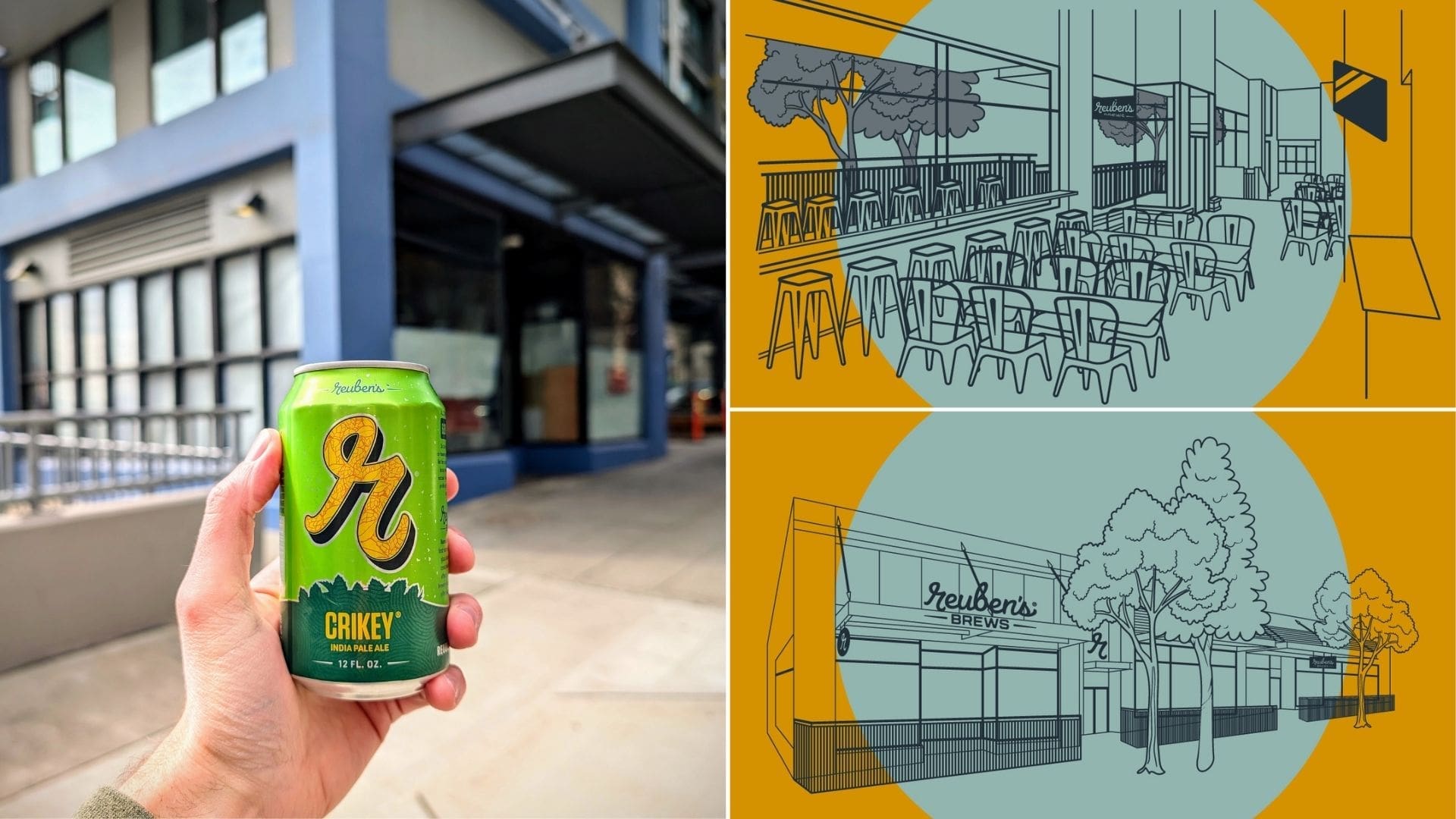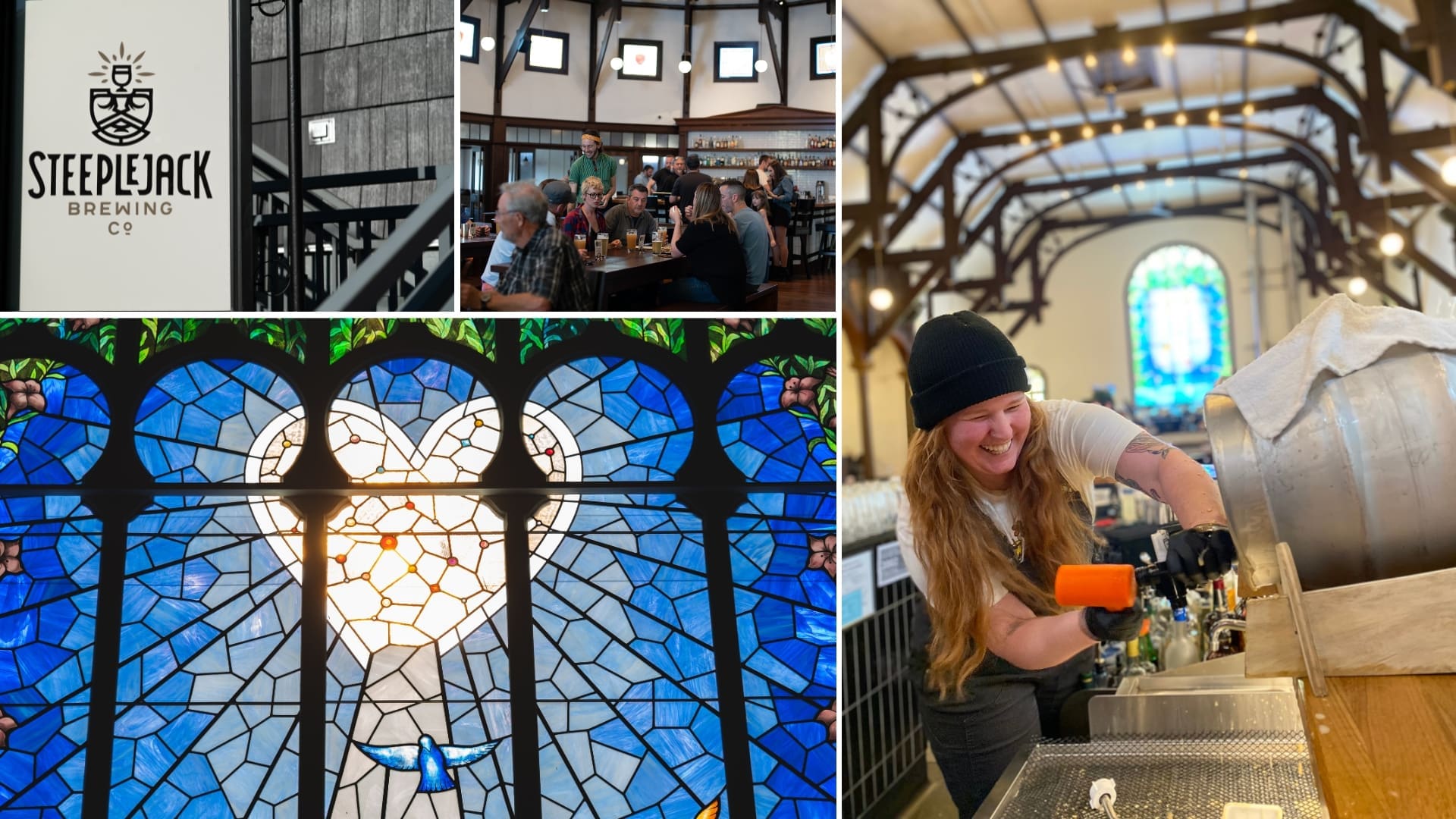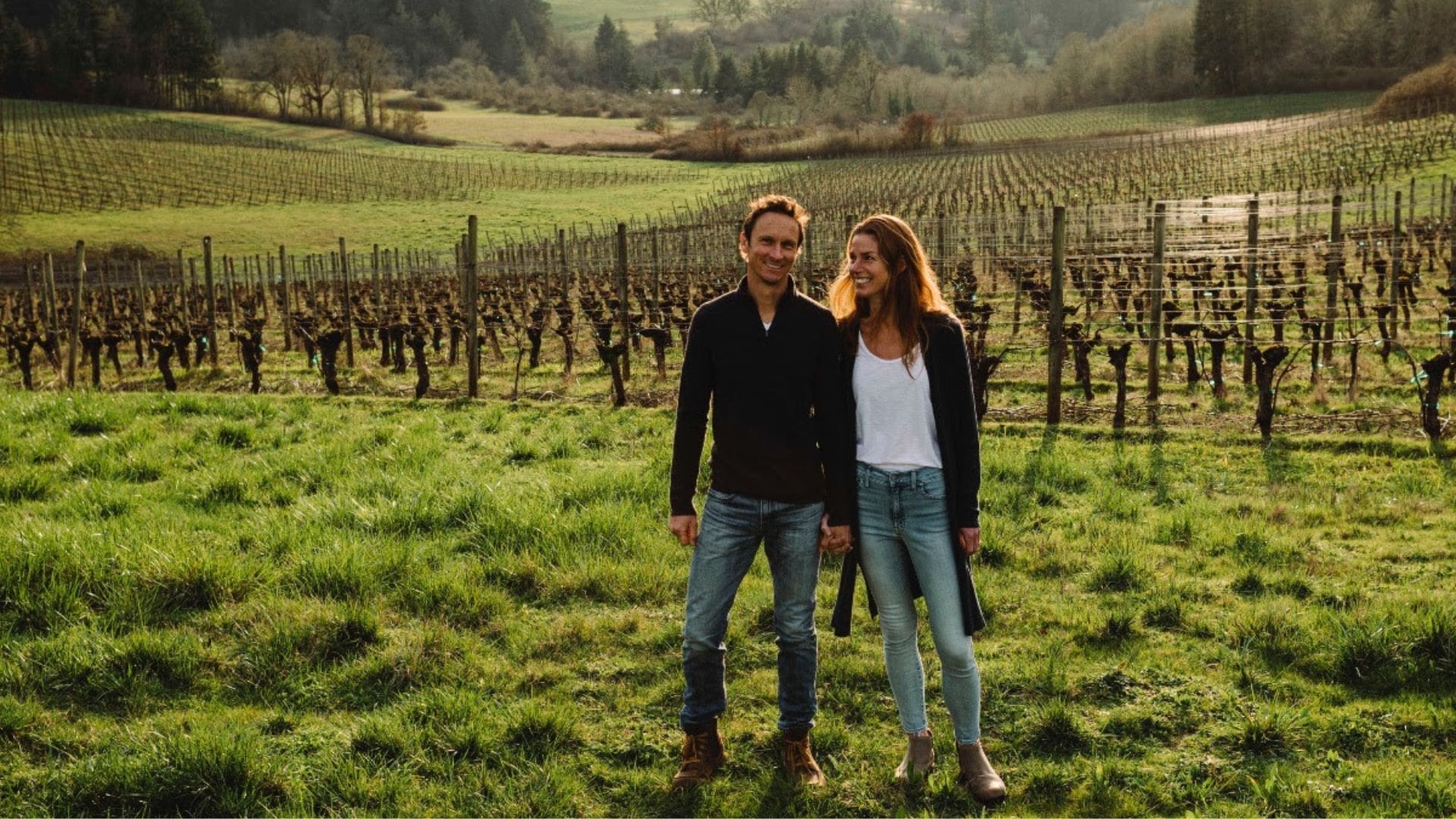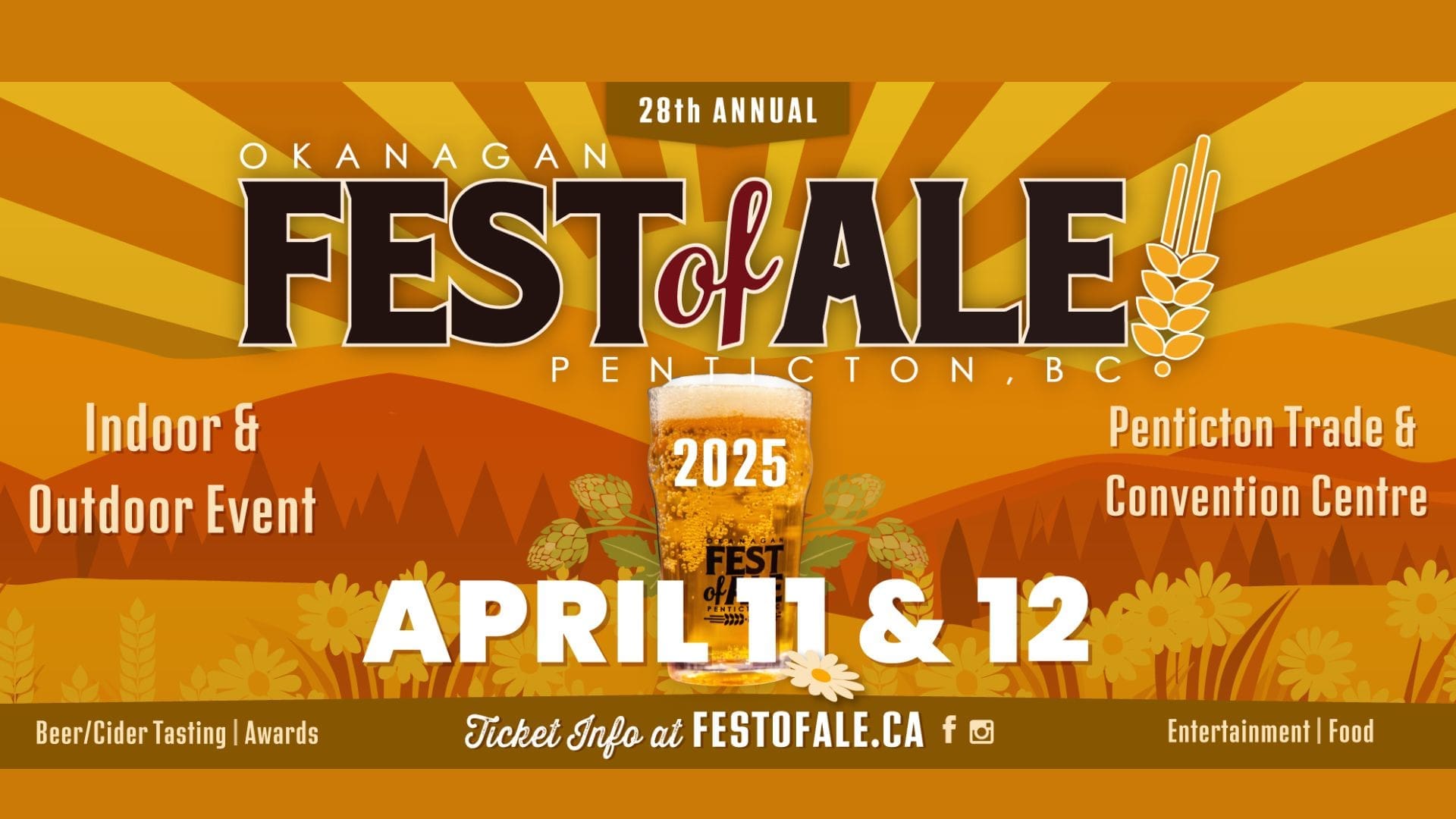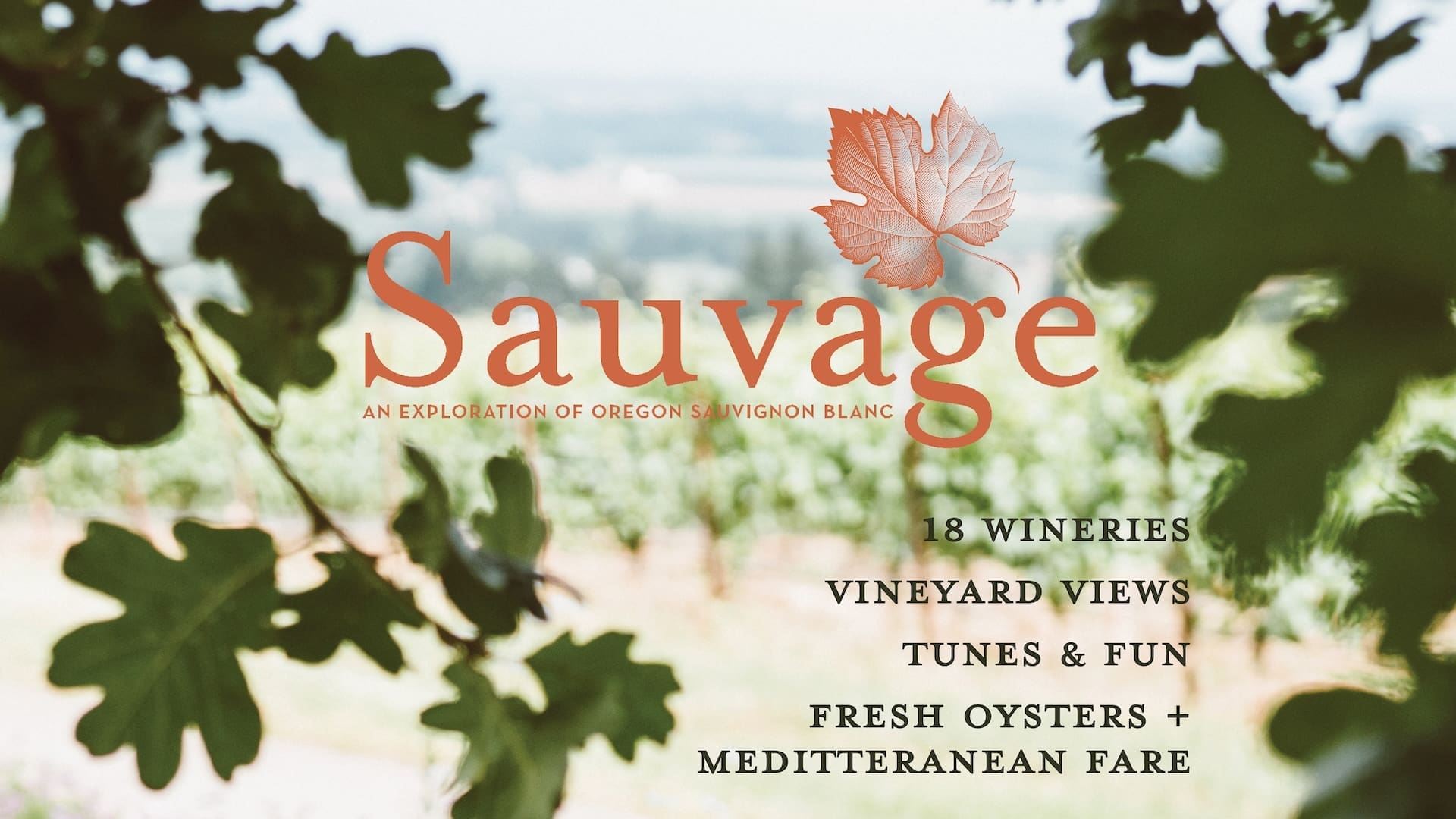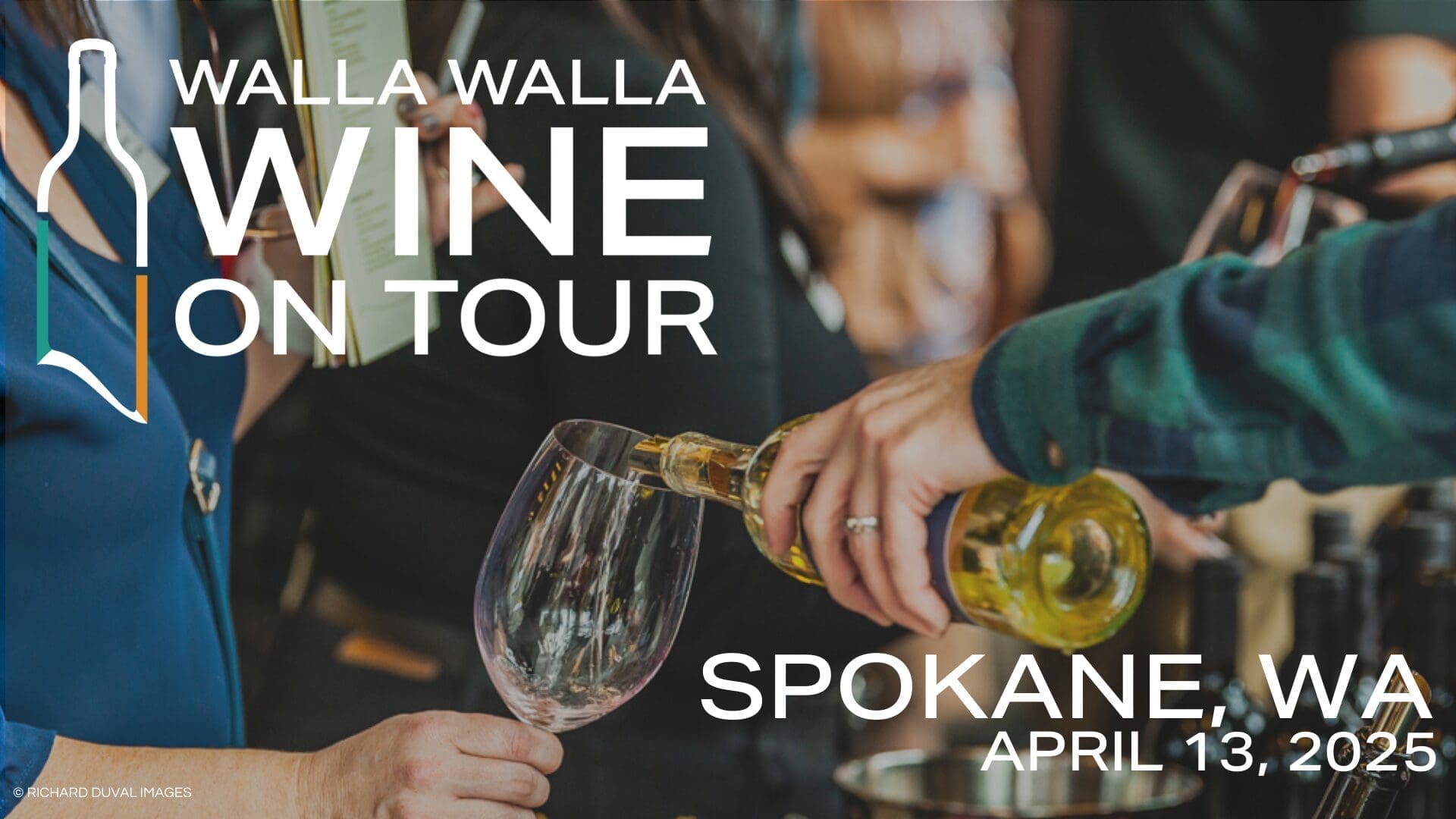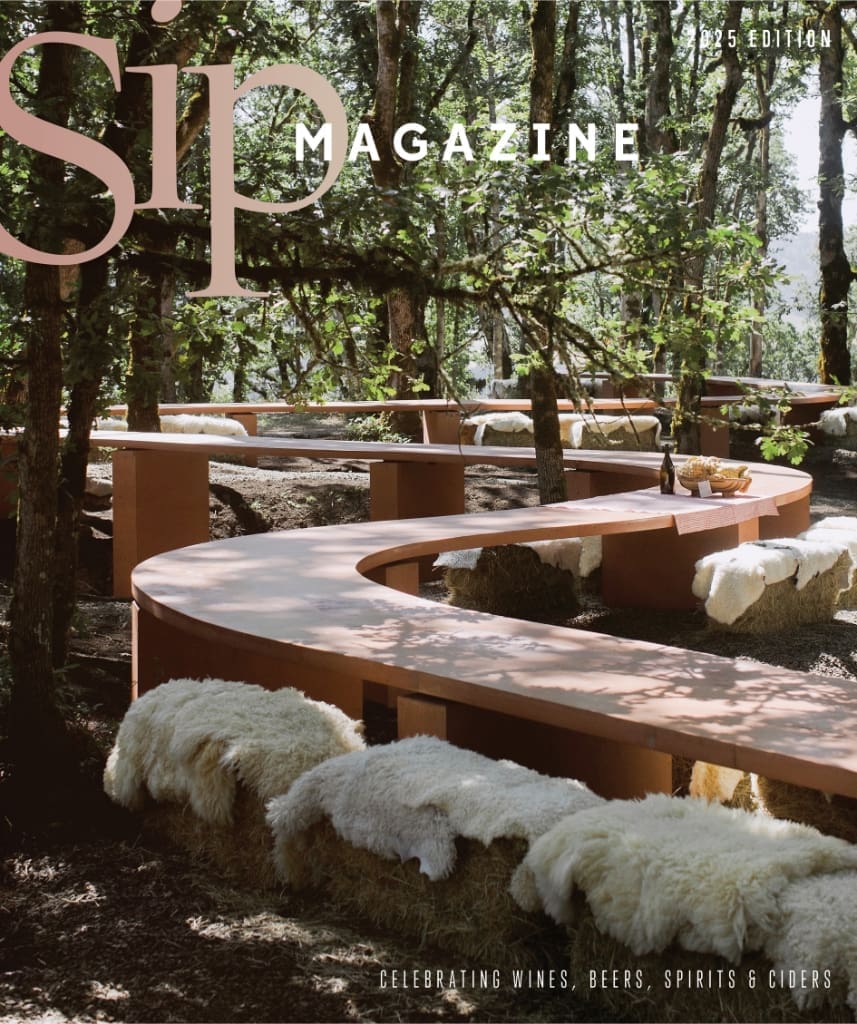When selecting your beverages, sometimes you may come across a label that may not make the most sense. You know it has something to do with the environment, but are unsure to what extent. Organic, biodynamic, Salmon-Safe: what do these industry terms actually mean? And, what producers create products that fit under these guidelines? We break it down into terms we all can understand.
Salmon-Safe: When a product has a Salmon-Safe label upon it, it means that the vineyard producing the wine has taken steps to help restore wild salmon habitat. In order to receive the label, vineyards must meet a list of standards. Plants must be planted as cover crops in order to control run-off within the vineyard. Vineyards must also use pesticide free methods in order to control pests and weeds. In Washington and Oregon, the vineyard certification for Salmon-Safe is ran through Low Input Viticulture and Enology (LIVE), a sustainable agriculture initiative that recognizes these vineyards and wineries.
In the bottle: Check out the wines of Bethel Heights Vineyard in Salem, Oregon, one of the first Salmon-Safe certified farms, like the fresh and powerful Æolian.
Organic: In order for a product to be considered organic it must follow a few rigorous rules. The product must be created without pesticides, it must be produced without fertilizers that utilize synthetic materials and the production process must use renewable resources in order to protect the environment.
On tap: In Portland, try Hopworks Urban Brewery’s landmark Hopworks IPA and the clean Organic Hub Lager that fall into this category.
Biodynamic: This style of farming uses three different scientific approaches: homeopathy, astronomy and geology. By using astronomy, farmers are able to decide when to prune, harvest and spray their crops based on the positioning of planets. In understanding how magnetism affects the earth, farmers use geology to impact their farming. With homeopathic approaches, farmers can understand how energy works within certain substances.
In the bottle: Cooper Mountain Vineyard in Beaverton, Oregon farms biodynamic grapes in order to make their wines, like the inaugural vintage of an estate Gamay Noir.
Sustainable: If a product has a sustainable label, it speaks to the business as a whole. The business practices must work to protect the natural environment, treat the staff fairly, be conscious of their community and make sure their business strives to protect both the present and future.
In the bottle: Stoller Family Estate Pinot Noir is a great example of a wine created with sustainable business practices, which is also Salmon-Safe and LIVE certified.
B Corp Certification: With this very specific certification, the business essentially works for the planet, people and profit. The motto for B Corp Certified businesses is “people using business as a force for good.” Think fair-trade or organically certified corporations but with a little tweak. B Corp certified businesses guarantee the business will work to solve economic, social and environmental problems.
On tap: Finnriver Farm and Cidery has become the first B Corp Certified business in the state of Washington. They are proud to hold this title and offer a vast selection of farmed goods and ciders, like the limited release, single varietal Golden Russet.
